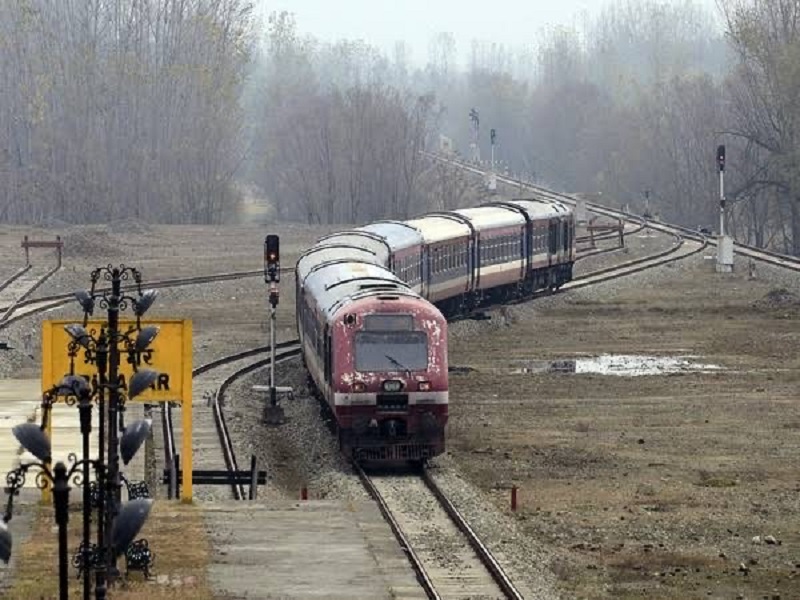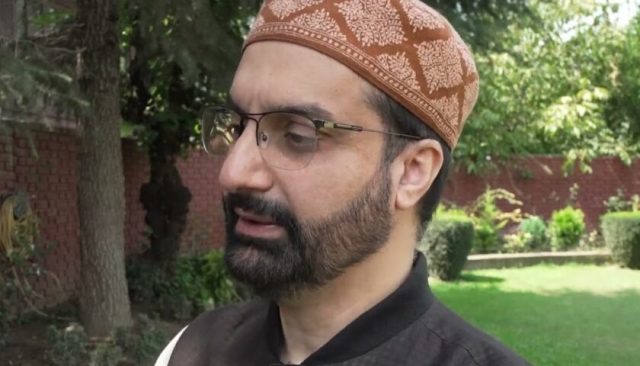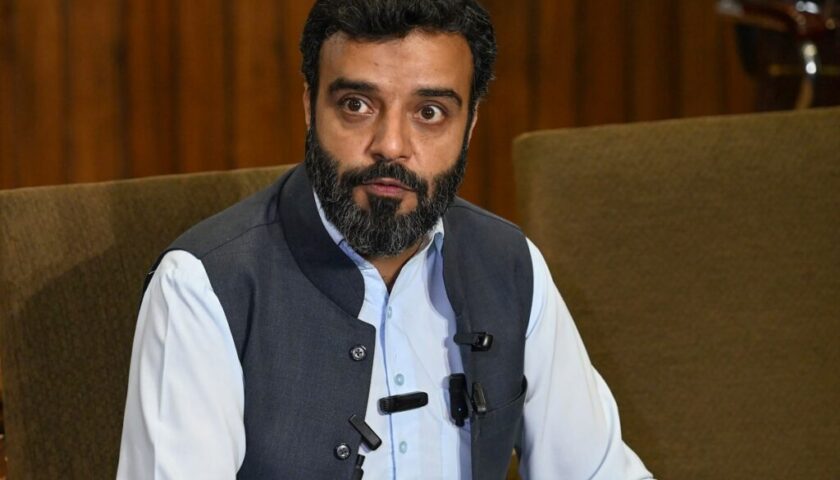Srinagar-Delhi Train Service: Why Passengers Deserve a Seamless Journey Without Midway Disruptions
By: Javid Amin
The long-anticipated Srinagar-Delhi train service was envisioned as a transformative development for the people of Jammu & Kashmir, promising seamless travel between the capital city and the rest of India. However, reports that passengers will be required to deboard at Katra Railway Station, undergo security checks, and board another train have sparked widespread criticism. Political leaders, passenger groups, and citizens have raised concerns over this arrangement, labeling it inconvenient, unnecessary, and counterproductive to the purpose of the service.
In this article, we delve into the concerns surrounding the proposed stopover at Katra, its potential impacts on passengers, and what can be done to ensure a seamless, comfortable travel experience.
The Vision of the Srinagar-Delhi Train Service
When plans for the Srinagar-Delhi direct train were announced, it symbolized a major leap forward in connectivity for the region. It was projected as a “fast, seamless, and convenient” service that would enhance mobility, reduce travel time, and bring the people of Kashmir closer to the rest of India. The direct connection was expected to:
- Boost Tourism: Encourage more tourists to visit Kashmir by offering an affordable, direct route.
- Facilitate Trade: Provide traders and entrepreneurs with a quicker, more reliable way to transport goods.
- Ease Travel for Residents: Improve access to healthcare, education, and employment opportunities for Kashmiris traveling to other parts of India.
However, reports of a mandatory midway transfer at Katra threaten to undermine these benefits.
Concerns Over the Midway Transfer
1. Unnecessary Inconvenience for Passengers
According to political leaders such as Syed Mohammad Altaf Bukhari and Mohammad Khurshid Alam, forcing passengers to deboard at Katra and undergo additional security checks creates unnecessary hardships. The process requires passengers to:
- Exit the train at Katra.
- Re-enter the station after clearing security procedures.
- Board another train to continue their journey.
This arrangement is especially burdensome for:
- Elderly Passengers: The additional effort of deboarding, carrying luggage, and switching trains is physically taxing.
- Medical Travelers: Patients traveling for treatment require uninterrupted journeys, and delays could be detrimental.
- Families and Tourists: Parents traveling with children or tourists unfamiliar with the process face added stress and confusion.
2. Security Concerns vs. Passenger Comfort
The railways have cited security concerns as the primary reason for the midway transfer. While ensuring safety is paramount, critics argue that alternative security measures can be implemented without inconveniencing passengers. These include:
- Comprehensive security screenings at the starting point in Srinagar or at designated checkpoints along the route.
- Deployment of trained personnel and modern scanning equipment onboard the train.
3. A Missed Opportunity for Seamless Connectivity
The idea of a direct train service is to offer uninterrupted connectivity. Forcing passengers to switch trains at Katra dilutes the promise of a “direct and seamless travel experience”, leaving passengers dissatisfied and potentially discouraging them from using the service.
Political and Public Reactions
Altaf Bukhari’s Statement
The Jammu & Kashmir Apni Party (JKAP) president described the proposed arrangement as “troubling and humiliating.” He emphasized that rail authorities must prioritize passenger convenience while addressing security concerns through less disruptive methods.
“Amid much hype, people believed that the Srinagar-Delhi train service would be fast, seamless, and comfortable. However, requiring passengers to change trains midway turns it into a hectic and uncomfortable journey.”
PDP’s Criticism
The People’s Democratic Party (PDP) also condemned the plan, calling it a “needless inconvenience” that undermines the benefits promised to Kashmiris.
- Mohammad Khurshid Alam, PDP General Secretary, highlighted that the measure would disproportionately affect vulnerable groups, including the elderly and medical travelers.
- He added that security should not be an excuse for subjecting passengers to additional hardships.
Why Seamless Connectivity Matters
1. Enhancing Regional Integration
A direct Srinagar-Delhi train service is more than just a transportation upgrade—it’s a step toward better integration of Jammu & Kashmir with the rest of the country. Interrupting this journey sends a message of division rather than unity.
2. Supporting Tourism Growth
Kashmir, often called “Paradise on Earth,” thrives on tourism. A smooth, uninterrupted train journey would attract more visitors, boosting the local economy. Disruptive measures like the Katra transfer could deter tourists from choosing rail travel.
3. Simplifying Life for Locals
For Kashmiris, direct train connectivity simplifies access to education, healthcare, and employment opportunities in Delhi and beyond. Imposing midway transfers only complicates these essential journeys.
Alternatives to the Katra Stopover
To address both security concerns and passenger comfort, authorities should consider the following measures:
- Pre-Journey Security Checks:
Implement stringent checks at the origin station (Srinagar) and limit additional screenings during the journey. - Onboard Security Measures:
Deploy armed personnel and surveillance systems on the train to ensure passenger safety without requiring deboarding. - Integrated Ticketing Systems:
If a transfer is unavoidable, ensure passengers can move seamlessly between trains without leaving the station or undergoing repeat security checks. - Advanced Technology:
Use AI-powered surveillance and baggage-scanning systems to monitor passenger activity in real time, minimizing the need for physical inspections.
Bottom-Line: A Call for a Passenger-Centric Approach
The Srinagar-Delhi train service is a symbol of progress and unity, but the proposed midway transfer at Katra undermines its purpose. Passenger convenience must remain the cornerstone of any transportation initiative. While addressing security concerns is crucial, it should not come at the expense of the very people the service aims to benefit.
By adopting smarter security protocols and prioritizing seamless connectivity, the Indian Railways can fulfill its promise of a direct, comfortable, and efficient travel experience for passengers.




